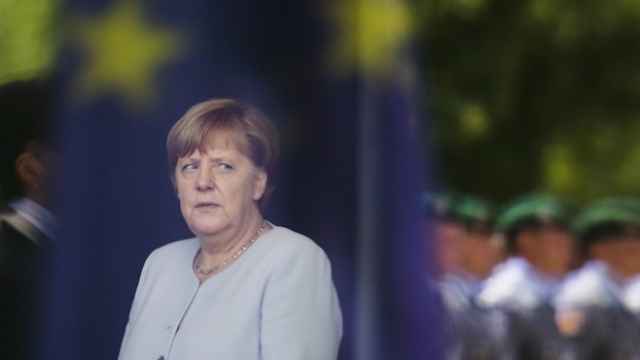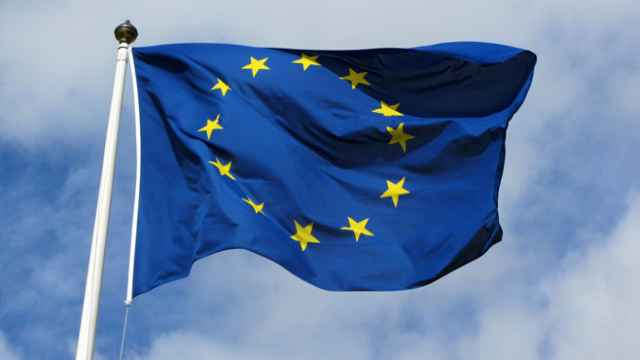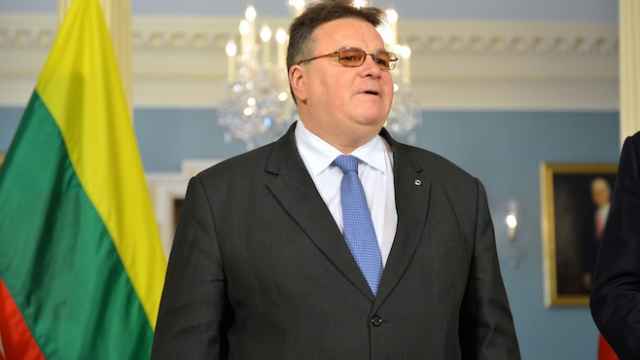The European Union has extended its sanctions against Russia due to the ongoing conflict in eastern Ukraine.
Travel bans and asset freezes put in place by the EU affect 146 people and 37 organizations
involved in the Crimean annexation and the war in Ukraine. The sanctions had been
due to expire on Sept. 15.
Among the sanctioned individuals are Russian officials and lawmakers, as well as representatives of the self-declared republics of Donetsk and Lugansk in eastern Ukraine.
The sanctions were first imposed in July of 2014, a few months after Russia annexed Ukraine's Crimea
peninsula. More than 9,500 people have been killed since war erupted in
eastern Ukraine in April 2014.The move caused Russia to impose counter-sanctions against the import of Western food products.
Moscow maintains that Crimea joined Russia
legally and says that the country is not involved in the military conflict in
eastern Ukraine.
A Message from The Moscow Times:
Dear readers,
We are facing unprecedented challenges. Russia's Prosecutor General's Office has designated The Moscow Times as an "undesirable" organization, criminalizing our work and putting our staff at risk of prosecution. This follows our earlier unjust labeling as a "foreign agent."
These actions are direct attempts to silence independent journalism in Russia. The authorities claim our work "discredits the decisions of the Russian leadership." We see things differently: we strive to provide accurate, unbiased reporting on Russia.
We, the journalists of The Moscow Times, refuse to be silenced. But to continue our work, we need your help.
Your support, no matter how small, makes a world of difference. If you can, please support us monthly starting from just $2. It's quick to set up, and every contribution makes a significant impact.
By supporting The Moscow Times, you're defending open, independent journalism in the face of repression. Thank you for standing with us.
Remind me later.





